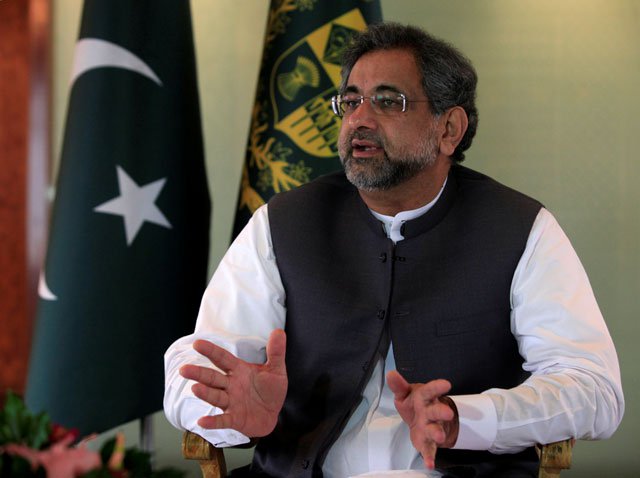
The ongoing political uncertainty is further causing problems despite tall claims made by Shahid Khaqan Abbasi. Increasing revenues was a task he prioritised during his first speech in the National Assembly after becoming the prime minister.
On one side there is an internal problem of enhancing revenues that is struggling to be in double digit in terms of tax-to-GDP ratio. On the other hand, Foreign Direct Investment (FDI) could face new problems if issues relating to terror financing and money laundering are not tackled by the government.
Country whose citizens don't pay tax cannot flourish, says PM Abbasi
Pakistan is considered one of the worst-hit countries by terrorism and money laundering. It appeared again in 2017 as one of the major countries in the US State Department’s annual money laundering and financial crimes volume. In its last year’s report, the State Department concluded by saying, “Pakistan does not have firm control of its borders which facilitates the flow of illicit goods and monies into and out of Pakistan”.
It notes that from January to December 2016, the Pakistani diaspora remitted $19.7 billion back to Pakistan via the formal banking sector, up 2.3 percent from 2015. Though it is illegal to operate a hawala without a license in Pakistan, the practice remains prevalent because of poor ongoing supervision efforts and a lack of penalties levied against illegally operating businesses.
A former governor of the central bank had said in 2013 that over $9 billion were remitted outside Pakistan and this speaks volumes about the issue that had been raised in Asia pacific Group meeting in Paris last week.
More problems are being experienced due to the rising external account deficit. At the same time, the fiscal deficit, the mother of all economic ills, is another worrying issue that is intensifying.
Pakistan’s balance of payment problems remained under severe pressure over the last one year with current account deficit surging to $12.4 billion or 4.1 percent in 2015-17 and is feared to further deteriorate by June this year.
The key challenge, however, is how to expand the narrow tax base. This faces increasing challenges due to higher profitability in the informal sector as there are no effective checks by the Federal Bureau or Revenue (FBR) and other federal and provincial departments.
The other day, World Bank Country Director Patchamuthu Illangovan called for setting higher growth trajectory in the next ten years to meet momentous economic challenges. He was of the view that Pakistan needed political consensus to resolve vital economic issues.
Usually, local and foreign experts hold FBR responsible for resisting important structural tax reforms. International Financial Institutions, (IFIs) particularly World Bank, IMF and the Asian Development Bank (ADB), have been advising for a long time to all successive governments in Pakistan to concentrate on improving the narrow tax base. Experts sitting in the Planning Commission, independent economists and financial writers have also been calling up the current and previous governments to revamp the FBR .
Currently, the tax-to-GDP ratio, according to official claims, is still 11 percent plus which is widely differed by independent economists who believe that the same has gone down and is no more in the double digit.
The fiscal or budget deficit has already increased to Rs796.3 billion during the first six months of 2017-18, more than half of the annual target. During this period, total expenditure rose to Rs3.161 trillion and this was largely due to substantial increase in the developmental budget. Since elections are approaching, the government continues to disburse big amounts to the national and provincial assemblies members to help win these polls.
This is more worrisome that the gap between income and expenditure is getting close to Rs2 trillion annually, while the number of taxpayers are declining instead of increasing.
The same is the situation with regard to filing income tax returns. The current tax laws generally discourage compliance. Why are these laws so complicated and cumbersome?
People feel so frustrated and frightened to get registered with revenue authorities. On the other hand, there is connivance between tax officials and those who evade tax. This is one major reason due to which the informal economy is growing manifolds. The present accumulated size of the underground economy is estimated at Rs30 trillion, almost equal to the size of the documented economy.
Top court forms committee to suggest guidelines for bringing foreign money in Pakistan
There had been a number of suggestions to the FBR that if it taxes at a flat rate, the government can collect Rs3 trillion.
There is a general argument that without revamping the entire flawed taxation system there is no hope to improve the tax-to-GDP ratio.
The best way to increase revenues is to simplify the tax procedure and motivate taxpayers to comply voluntarily. The fear needs to be removed through awareness and friendly behaviour of tax officials.
Also, why should there be too many tax laws and tax rates? Why cannot the government pay attention towards direct taxes rather than indirect taxes which are still said to be over 70 percent? Is it so difficult to merge all taxes into one to attract new taxpayers?
Those who matter in the government do invariably concede that they know how to reform the entire taxation system.
The writer is the recipient of four national APNS awards and four international best journalistic awards
Published in The Express Tribune, February 26th, 2018.
Like Business on Facebook, follow @TribuneBiz on Twitter to stay informed and join in the conversation.








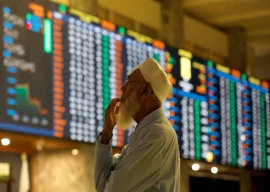

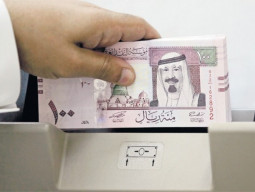
1734511806-0/Untitled-design-(5)1734511806-0-270x192.webp)
1734468458-0/Copy-of-Untitled-(50)1734468458-0-270x192.webp)
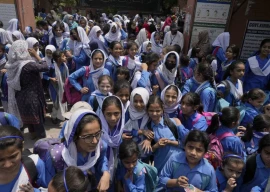
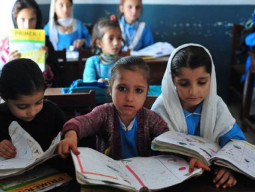








COMMENTS
Comments are moderated and generally will be posted if they are on-topic and not abusive.
For more information, please see our Comments FAQ